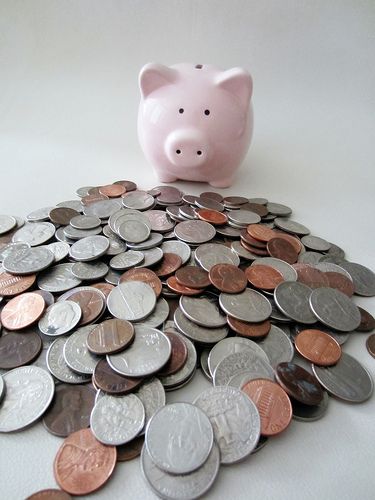Learning to manage money is an essential life skill that impacts every stage of a child’s development. Children can begin to understand the role of finances in family life from a young age. Age-appropriate lessons can help them become financially literate and prepared to handle income and spending as they become young adults. Here are some ways to train your kids how to manage money.
Explain the Family Budget
By the time kids start school, they probably have an idea that one or both parents work to provide for the family. Job schedules and income vary, but children know that parents must work to earn income. This is a good time to provide a basic understanding of the household budget. Sit down with them sometime and spend a few minutes describing your job responsibilities. Then point out the monthly expenses like housing, food, car payment, health insurance, and other necessities. You don’t have to state specific amounts, but let the kids know where the money goes so they can start to be more aware of and sensitive to budgetary needs and limits.
Give an Allowance
Many parents give their kids an allowance. In return, the children are expected to handle basic home chores, like making their bed, feeding the pets, and maybe dusting or vacuuming various rooms. As they get older, both the allowance amount and the workload can increase proportionately to the child’s age and abilities. This teaches a fair exchange type of arrangement that demonstrates everyone pitching in to help the family and benefit as a result. This is a good opportunity to teach children how to save possibly ten percent of their allowance and give ten percent to help others.
Open a Child’s Bank Account
As children reach the preteen or teenage years, they may be ready to start managing a free checking account that many banks offer, with no fees or balance restrictions. Show them how to track their deposits and spending as well without going into the red. This prepares them for more complex financial options as they get older.
Teach Kids to Invest
Parents may want to help kids learn how to invest small amounts of money in stocks they believe in, like children’s retailers or sports chains. Buying even just one share or a portion of stock can provide a helpful learning experience about saving and growing money.
Play Educational Money Games
There are a variety of games that can teach kids money management skills. Of course, there is the old standby of “Monopoly”, but even better is CashFlow for Kids by Robert Kiyosaki. In this great game, your kids will learn that Assets put money into your pocket, while Liabilities take money out of your pocket. They will learn financial intelligence in a very fun and interactive way. Parents can spend quality time with their children while both learning to spend their money wisely. Older kids might like the regular CashFlow game. (and it is great learning for Adults as well). Play your way out of the rat race by generating passive income through real estate, stocks, companies, and more. The updated CASHFLOW starts you in a typical 9-to-5 drag of a job, from there you’ll battle to acquire stocks, houses, apartments, companies and more to build up your passive income until you graduate from the RAT RACE to the FAST TRACK (Where the real money is made).
Note: The updated CASHFLOW game introduces new playing cards, professions, and an updated game board. A user-friendly income statement is included to improve your connection to real-world wealth building techniques. My kids love both the kid’s and adult’s versions of the game.
Incremental steps like these show a child the value of money and effective ways of managing it. Prepare your kids to handle money responsibly by the time they reach young adulthood.
You might also like:



